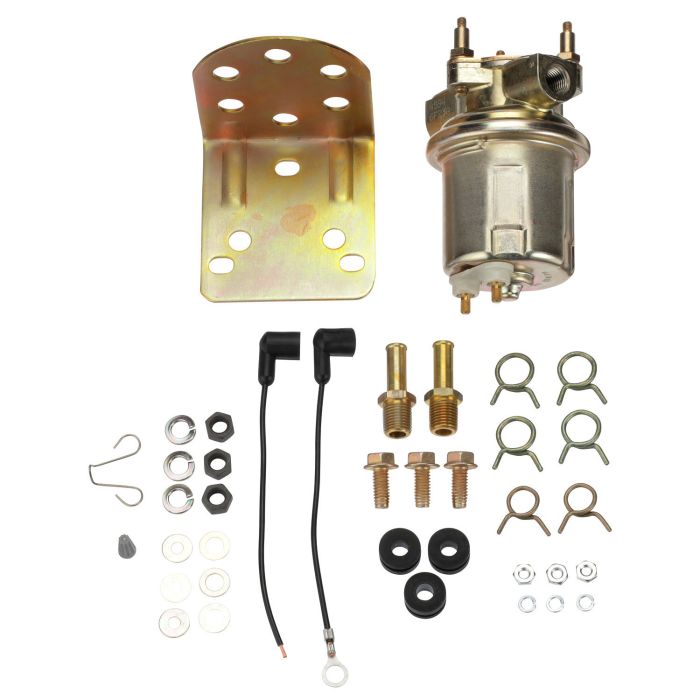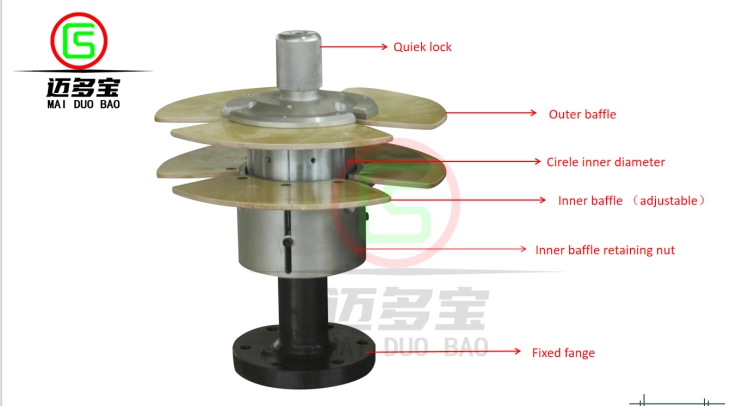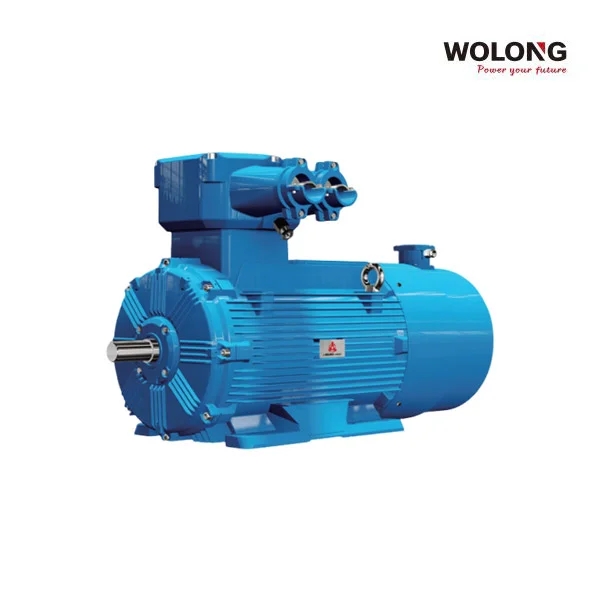Mechanical pumps play a crucial role in various industries, enabling the efficient transfer of fluids and gases. From simple hand-operated pumps to complex industrial systems, there are several types of mechanical pumps available, each designed for specific applications. In this comprehensive guide, we will delve into the different types of mechanical pumps, their working principles, and their applications across various industries.
- Centrifugal Pumps:
Centrifugal pumps are widely used in industries such as oil and gas, water treatment, and chemical processing. These pumps work on the principle of centrifugal force, using an impeller to create a vacuum that draws in fluid and then propels it outward. They are known for their high flow rates and are ideal for transferring large volumes of fluids. - Reciprocating Pumps:
Reciprocating pumps, also known as positive displacement pumps, are commonly used in applications that require high-pressure pumping. These pumps use a piston or diaphragm to create a reciprocating motion, which helps in the transfer of fluids. They are suitable for handling viscous fluids and are often found in industries such as food processing, pharmaceuticals, and oil refineries. - Rotary Pumps:
Rotary pumps are known for their smooth and continuous flow capabilities. They operate by trapping fluid between rotating components, such as gears, lobes, or screws, and the pump casing. This trapped fluid is then transported from the inlet to the outlet. Rotary pumps are widely used in industries like automotive, agriculture, and manufacturing. - Diaphragm Pumps:
Diaphragm pumps are versatile and can handle a wide range of fluids, including corrosive and abrasive substances. These pumps use a flexible diaphragm to create a pumping action, which helps in the transfer of fluids. They are commonly used in industries such as mining, chemical processing, and wastewater treatment. - Gear Pumps:
Gear pumps are compact and efficient, making them suitable for applications where space is limited. These pumps use meshing gears to create a pumping action, which helps in the transfer of fluids. They are commonly used in industries like automotive, hydraulic systems, and fuel transfer.
Conclusion:
Mechanical pumps are essential devices in various industries, enabling the efficient transfer of fluids and gases. Understanding the different types of mechanical pumps and their applications can help industries choose the right pump for their specific needs. Whether it's the high flow rates of centrifugal pumps, the high-pressure capabilities of reciprocating pumps, or the smooth flow of rotary pumps, each type has its unique advantages. By selecting the appropriate pump, industries can optimize their processes and ensure reliable fluid transfer.





More Stories
Cable Hollow Winder Launched with Rapid Operation
What Is an Explosion Proof Motor and How Does It Work?
The Role of Electrofusion Fittings in Leak-Free Water and Gas Networks